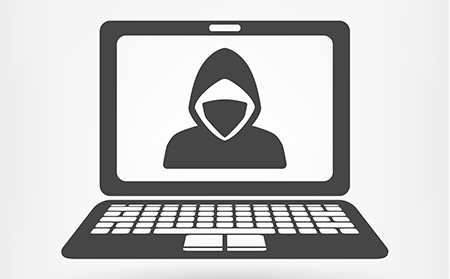What To Do If My site Has Been Hacked?
Every single website, regardless of where it is hosted, is vulnerable to being hacked. A number of ways are currently available to secure your website, but you will first have to know what signs to look for that made you confirm that your site has been already hacked.
7 signs will confirm that your website has been hacked:
- Website performance: When you regularly monitor the performance of your website, you may quickly realize that processes are unusually slow or broken. This is usually an indicator that your website has been hacked
- Strange content: After creating a website with really great content you may suddenly notice that there is some strange content that you didn’t write on certain pages. After taking a closer look at this content you may see links to other websites that sell watches, knock-off designer purses, and more. This indeed is a that your site has been hacked.
- Broken code: When hackers get into a website, they can unintentionally or intentionally break the code, leading to errors on the page. Your site may have been hacked if you notice an increase in errors.
- Unknown user accounts: In any business, it is always good to know who has access to your content management system (CMS), database or eCommerce application. You need to regularly check the file of authorized users to see if there are any unknown users. If you detect unknown user accounts, chances are your website has been hacked.
- Suspicious activity: Your site is hacked if you see one IP address hitting a specific page over and over very frequently. You could also see a page you don’t recognize in the logs being accessed by different IP addresses.
- Unknown plugins: If you come across unusual plugins on your website, it is possible that a hacker has gained access. You will have to investigate where these plugins came from and what they are doing.
- Blacklisting: If your web server has been compromised and used for sending out spam or has been enlisted as part of an attack on another website, there are chances for your website to get blacklisted in search engines and added to email blacklists.
Based on the above-discussed hacking sings, it is highly recommended that you monitor your website and infrastructure consistently. Instead of doing this manually, you can install a good web security tool that runs automatic scans to detect, remove and even prevent different types of attacks. All this can be obtained by installing cWatch, a web security tool developed by Comodo.
Prevent Future Website Hacks by Installing Comodo cWatch
The Comodo cWatch Web security tool provides customers with the most advanced managed security service for monitoring and threat management through its unique list of features that are discussed below:

- Cyber Security Operations Center (CSOC)Comodo cWatch is equipped with a team of always-on certified cybersecurity professionals providing round-the-clock surveillance and remediation services
- Web Application Firewall (WAF)This is a powerful, real-time edge protection for websites and web applications providing advanced security, filtering, and intrusion protection
- Security Information and Event Management (SIEM)Advanced intelligence that can leverage current events and data from 85M+ endpoints and 100M+ domains
- PCI ScanningEnables service providers and merchants to stay in compliance with PCI DSS
- Secure Content Delivery Network (CDN)A global system of distributed servers to enhance the performance of websites and web applications
- Malware Monitoring and RemediationcWatch is a web security tool that can identify malware, provide the methods and tools to remove it, and also prevent future malware attacks





